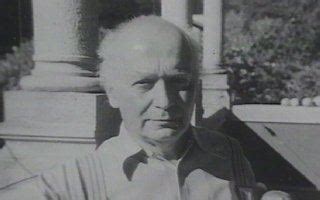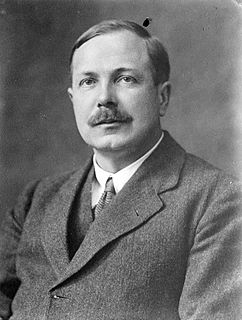A Quote by Rebecca Solnit
They are all beasts of burden in a sense, ' Thoreau once remarked of animals, 'made to carry some portion of our thoughts.' Animals are the old language of the imagination; one of the ten thousand tragedies of their disappearance would be a silencing of this speech.
Related Quotes
Marla tells me how in the wild you don't see old animals because as soon as they age, animals die. If they get sick or slow down, something stronger kills them. Animals aren't meant to get old. Marla lies down on her bed and undoes the tie on her bathrobe, and says our culture has made death something wrong. Old animals should be an unnatural exception. Freaks.
Not only are animals unable to avail themselves of language to assert their own rights, but many fewer humans have a clear sense of kinship with animals than have a clear sense of kinship with other humans. Among beings with subjective states of awareness, animals are the untouchable caste, those whom human others would rather not acknowledge, let alone render assistance.
Many things that human words have upset are set at rest again by the
silence of animals. Animals move through the world like a caravan of
silence. A whole world, that of nature and that of animals, is filled
with silence. Nature and animals seem like protuberances of silence.
The silence of animals and the silence of nature would not be so great
and noble if it were merely a failure of language to materialize.
Silence has been entrusted to the animals and to nature as something
created for its own sake.
When I started Ashes and Snow in 1992, I set out to explore the relationship between man and animals from the inside out. In discovering the shared language and poetic sensibilities of all animals, I am working towards restoring the common ground that once existed when people lived in harmony with animals.
When children see animals in a circus, they learn that animals exist for our amusement. Quite apart from the cruelty involved in training and confining these animals, the whole idea that we should enjoy the humiliating spectacle of an elephant or lion made to perform circus tricks shows a lack of respect for the animals as individuals.
It has been well said that the food one consumes determines one's thoughts. By eating the flesh of various animals, the qualities of these animals are imbibed. How sinful is it to feed on animals, which are sustained by the same five elements as human beings! This leads to demonic tendencies, besides committing the sin of inflicting cruelty on animals.
It was wrong to capture wild animals and confine them in captivity for people to go and gawk at them. And that's basically how zoos got started. But once you do that, and once you have animals that have been bred in captivity, you're really stuck with them in some sense. You can't return them to the wild.
Some meat eaters defend meat eating by pointing out that it is natural: in the wild, animals eat one another. The animals that end up on our breakfast, lunch, and dinner plates, however, aren't those who normally eat other animals. The animals we exploit for food are not the lions and tigers and bears of the world. For the most part, we eat the gentle vegan animals. However, on today's farms, we actually force them to become meat eaters by making them eat feed containing the rendered remains of other animals, which they would never eat in the wild.
Not bad in short, though the last one [understanding the language of animals], isn't half as useful as you might expect, since when all's said and done the language of the beasts tends to revolve around: a) the endless hunt for food, b) finding a warm bush to sleep in the evening, and c) the sporadic satisfication of certain glands. (Many would argue that the language of human kind boils down to this too)





































